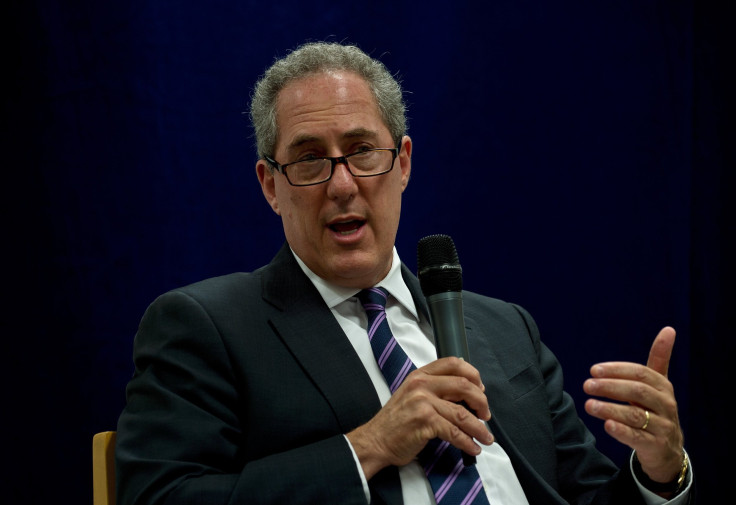With Push For Trans-Pacific Partnership, U.S. Undermines Public Interest Policies Of Partner Nations

The country of Vietnam wants to make baby formula more affordable for its citizens. American trade negotiators think that’s a bad idea. The measures are among more than a dozen public interest policies adopted by governments involved in talks for the Trans-Pacific Partnership (TPP) that the U.S. considers “barriers to trade,” according to the latest annual National Trade Estimate Report On Foreign Trade Barriers, a document prepared by the Office of the United States Trade Representative (USTR).
In the more than 400 page long report, U.S. negotiators openly acknowledge goals that are odds with the Obama administration’s repeated assurances that TPP will not undermine the ability of pact members to regulate in the public interest.
Among the highlights, food labeling policies: A new law in Peru, not yet finalized, that would mandate warning statements on prepackaged foods with excessive amounts of sugar, sodium and saturated fats; similar laws in Vietnam and in Mexico, the latter of which recently overtook the U.S. as the world’s most obese country; another law in Chile, approved though not yet in effect, that would require warning icons on foods that exceed specified thresholds in fat, calories, sugars and sodium. (The USTR warns as much as 80 percent of the U.S.'s $312.4 million in prepackaged food exports to Chile would be affected and bemoans the law’s restrictions on the use of unsubstantiated “health claims.”)
The USTR did not respond to a request for comment.
Hubert Linders, an official at the Santiago office of Consumers International, says such labeling laws benefit public health by giving consumers more information to “make a healthy decision.” Instead of blocking commerce, he says, the rules “should be a motivation for food producers to change.”
“Countries need to protect themselves and control their public health costs,” says Linders. “It is easy for me to see where the priority of the Chilean government should lie.”
The U.S. also considers some newly approved environmental protections to be barriers. American trade officials single out a 2012 Vietnamese directive that banned the import of hazardous waste products including lead batteries, circuit boards, plastic waste and cooling devices with chlorofluorocarbons, or CFCs, ozone layer depleting gases that a universally-ratified United Nations treaty is in the process of phasing out. (The USTR says the banned imports are “potentially harmful to the environment.”) It also criticizes a new energy efficiency measure in Mexico for imposing “burdensome and costly labeling requirements for exports.”
In its report, the USTR also targets privacy regulations: A landmark Malaysian law that prevents companies from harvesting personal data without the individual’s consent is a trade barrier. As are policies in the Canadian provinces of Nova Scotia and British Columbia that require personal information in the custody of public officials to be stored and accessed only in Canada.
“As Canadians, we should be concerned,” says Sujata Dey, trade campaigner at the Council of Canadians, a progressive advocacy group. “Those rules are there to protect privacy.”
Other barriers include the expansion of a public health agency in New Zealand that subsidizes medicine at public hospitals into “areas of funding that were previously unregulated, including medical devices,” Japan's "burdensome restrictions" on products that carry "health claims," and enhanced Mexican inspections of U.S. peach, nectarine and apricot exports in order to “control the oriental fruit moth and other pests.”
Speaking at Nike headquarters earlier this month, President Obama called the TPP "the most progressive trade deal in history." The appeal to liberals comes as the White House seeks to win support for so-called fast track legislation. The bill would prevent Congress from amending the version of the deal hammered out by negotiators and is considered a prerequisite for the trade pact’s success.
© Copyright IBTimes 2025. All rights reserved.






















